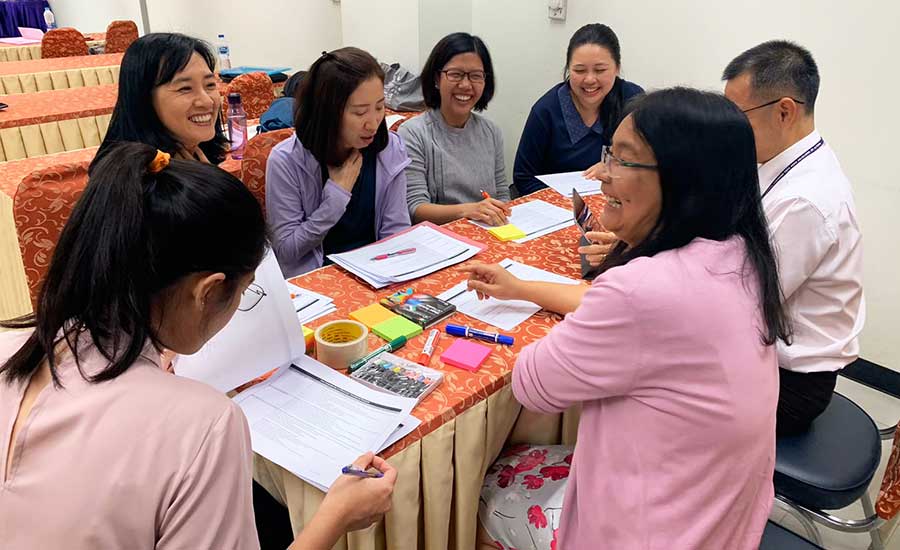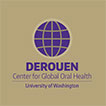Several exciting oral health studies have resulted from expanded oral health research capacity in Thailand. Trainees from the initial NIH D43 training grants have now gone on to investigate important topics such as cleft palates, chemo-mechanical dental caries, and the association between breast feeding, bottle feeding, and dental caries in very young children.
Dr. Araya Pisek studied the impact on cleft palates on oral health status in Thai adolescents in a study entitled, “Oral health status and oral impacts on quality of life in early adolescent cleft patients.” This cross-sectional study was conducted in Khon Kaen, Thailand. Subjects included 68 oral cleft and 118 non-cleft individuals aged 10-14 years. Several oral health issues were studied including decayed, missing, and filled teeth, plaque, and gingivitis. The results showed that children with cleft palates had higher levels of dental caries and gingivitis, poorer oral hygiene, and lower quality of life than the control group.

Dr. Kemporn Kitsahawong has done research on chemomechanical caries removal (CMCR) versus drilling, in a manuscript entitled “Chemomechanical versus drilling methods for caries removal: an in vitro study.” Forty-six carious deciduous molars were randomly divided into two groups: one each for caries removal by (1) CMCR and by (2) drilling. Results were analyzed via visual and tactile criteria and a caries detector device. There was no significant difference in the completeness of caries removal between groups. However, time spent for caries removal by CMCR was significantly longer than that required for drilling. Restorations in the CMCR group had significantly more microleakage than those in the drilling group. Dentin hardness of the cavity floor after CMCR was also significantly lower. Microscopic analyses showed roughened and irregular dentin surfaces in the CMCR group, unlike the smooth surfaces observed in the drilling group. In conclusion, CMCR was as efficacious as drilling in term of completeness of caries removal but required longer excavation times and resulted in lower microhardness of residual dentin as well as more microleakage after restorations with GI.
A project that is still ongoing entitled “Impact of prolonged and on demand breastfeeding on early childhood caries in Khon Kaen” by Dr. Sirima Sritangsirkul, looks at the relationship between extended and on-demand breastfeeding and early childhood dental caries in Khon Kaen, Thailand. On-demand breastfeeding is defined as a mother feeding the child more than 8 times a day and extended is defined as breastfeeding past one year of age. This prospective longitudinal cohort study will invite 450 healthy children aged 1-year-old, attending Thai Primary Health Centers and Mother and Child Health Center Muang District, Khon Kaen to participate in the study. Enrolled participants and caregivers will submit to questionnaires, oral exams, and salivary samples. They’re aims are 1) to determine the association between both prolonged and/or on-demand breastfeeding and ECC, 2) to determine the association between prolonged and/or on-demand breastfeeding on children’s salivary pH, and 3) to determine the correlation between levels of MS and breastfeeding.
Expanding research capacity in oral health in Thailand has proven to be a success. The resulting research has contributed to oral health in immeasurable ways, and has elevated Thailand’s standing in the research community. Additional research training grants will hopefully prove as fruitful, and further expand oral health research capacity across SE Asia.
